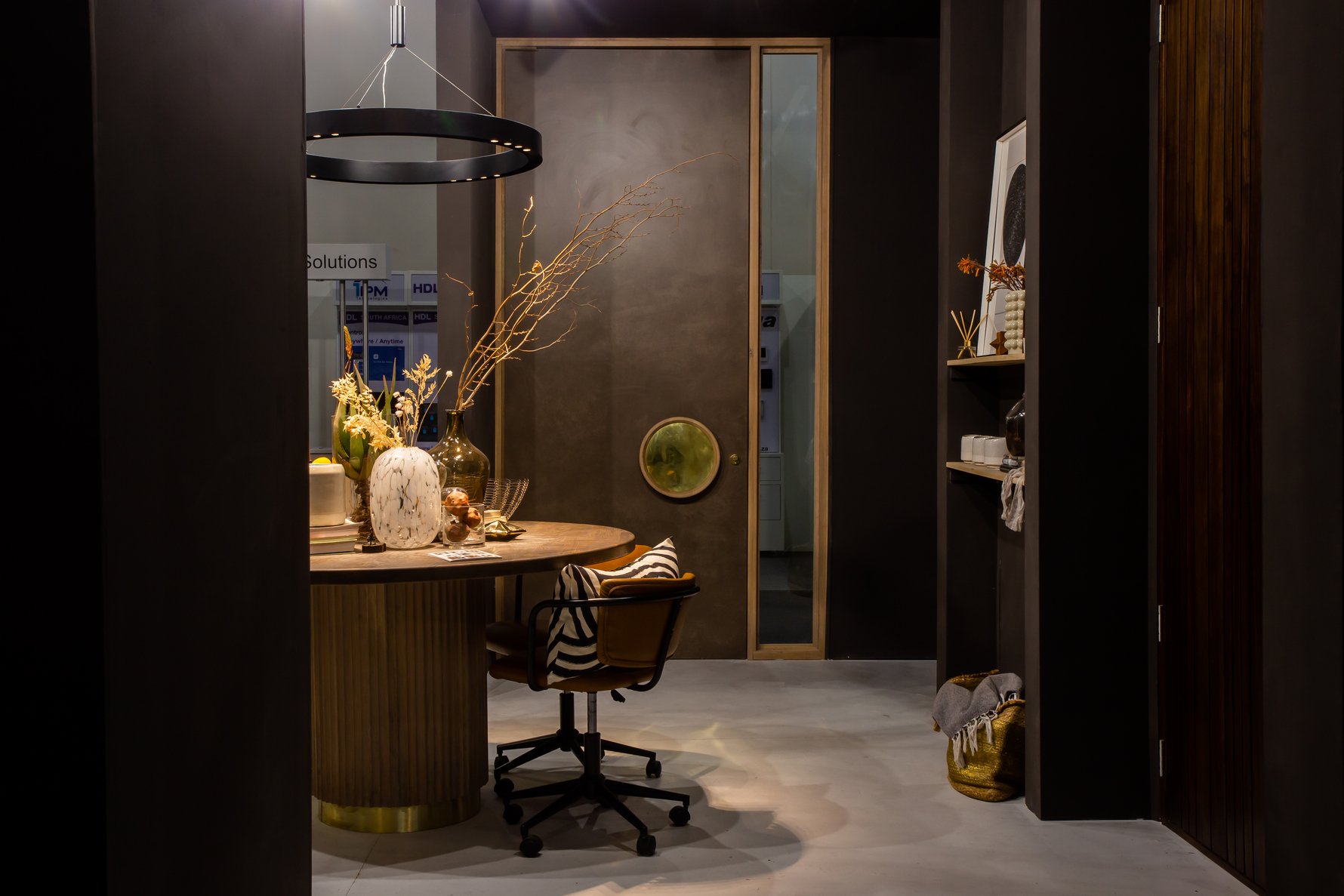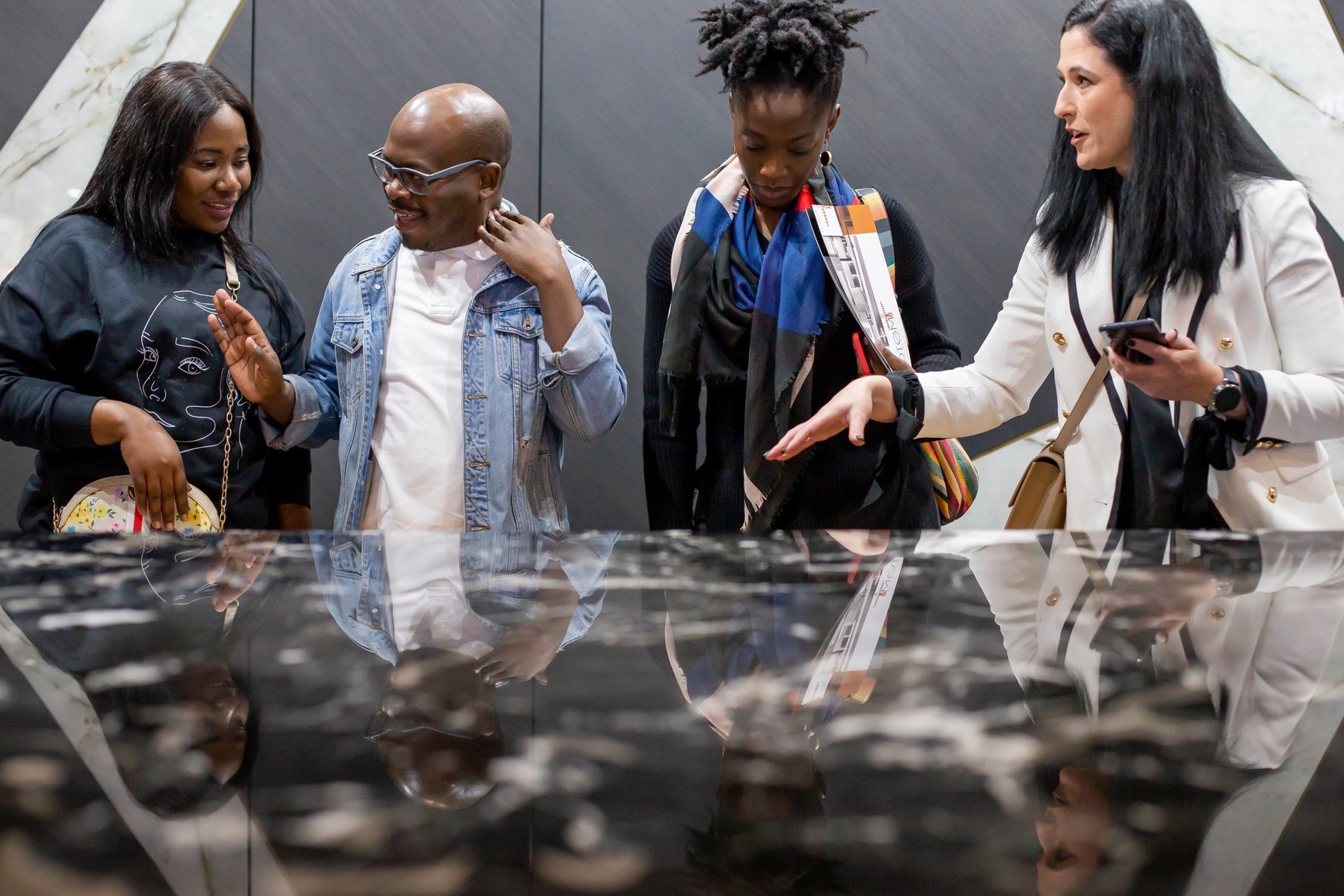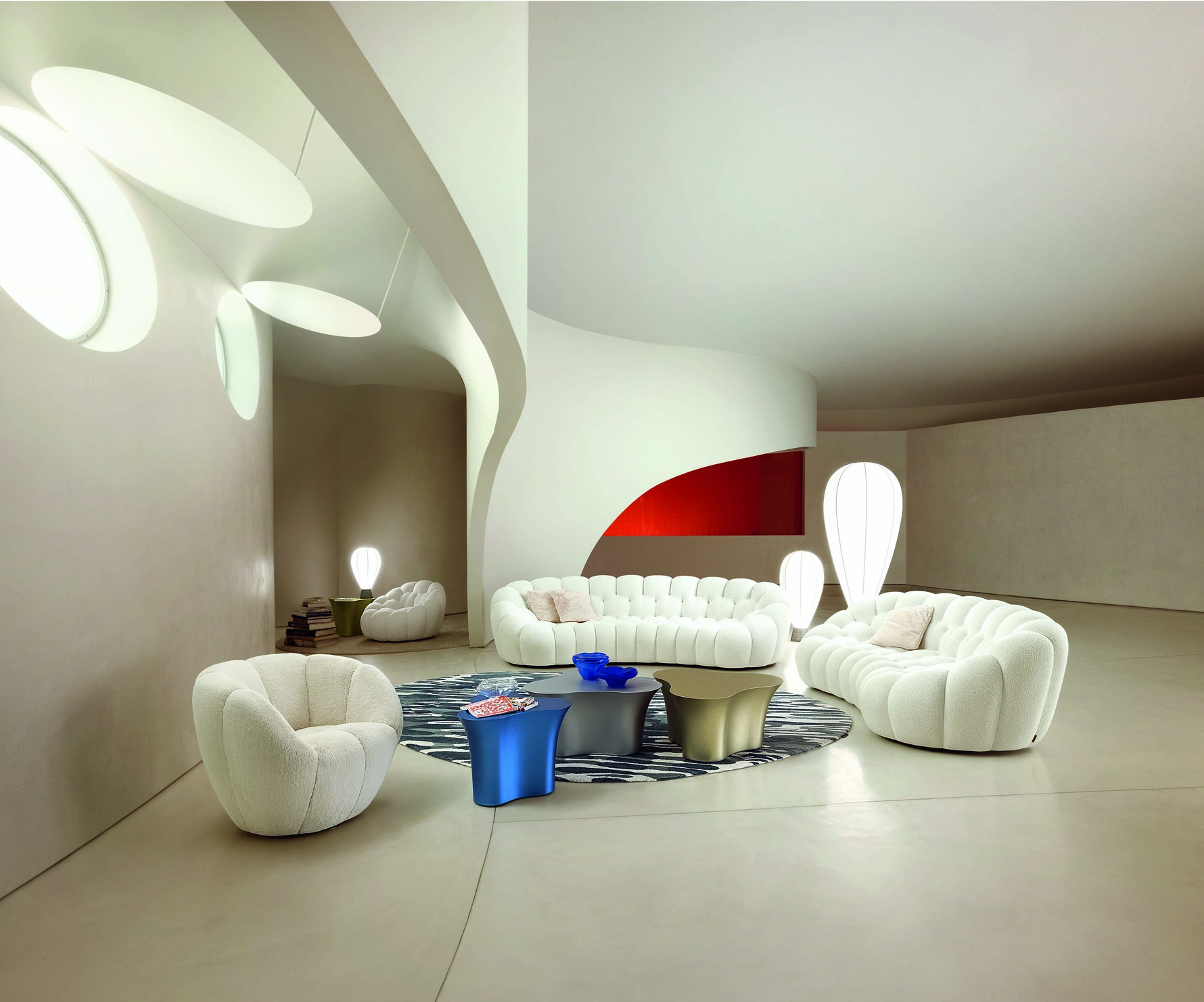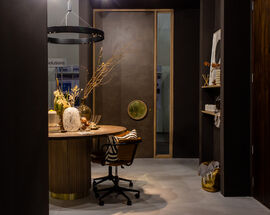
As Joburg Decor & Design Week takes over the city for the first week of August 2023, bringing Decorex Joburg, Design Joburg and 100% Design Africa under one umbrella, we needed to find out more.
Decorex is a 30-year-old institution. What would you say has been its greatest achievement?
Decorex has played a pivotal role in South Africa's creative landscape for the past 30 years. It has provided a platform for local designers to showcase their work, establish connections and push boundaries, contributing to the growth of the creative economy. The fascinating thing about Decorex is that it is both a trade and consumer show. In layman’s terms, this means that our job is to show consumers and homeowners how to improve their homes, but also be an annual anchor event which fetches the future, and presents the latest design concepts and insights and trends.
What’s next for Decorex Africa?
We have to acknowledge that the challenge of sustainability is the defining mission of our generation. We need to make radical changes to our relationship with our home – the planet. Not only that, but we need to create sustainable solutions that are accessible and affordable to all, shaping a future where sustainability is not a privilege, but a universal reality.

You are an advocate for using design as a change agent. Tell us more.
As designers, architects and builders, we are cultural agents. We can create powerful statements of culture, and beacons with our work – and transform them into places where people can identify and rebuild better.
"One of my greatest teachers, not that I met him, is [Austrian-American designer (1923 –1998)] Victor Papanek, who said: 'Design, if it is to be ecologically responsible and socially responsive, must be revolutionary and radical'."
What are the key questions confronting the design world in 2023?
We have a role to play in job creation, shaping tourism and preserving our rich cultural heritage. What if design valued local knowledge and indigenous wisdom in creating sustainable solutions? What if designers collaborated with policymakers to shape regulations and incentives that promote ethical design? How do we foster collaboration amongst designers, manufacturers, consumers and other stakeholders, encouraging transparency and knowledge-sharing throughout the supply chain? How do we create more closed-loop systems where waste from one process becomes a resource for another? How do we go beyond the traditional notion of profitability, acknowledging that solutions can balance social, economic and environmental considerations to create lasting, positive impact?

How will visitors get to engage with the issues you are raising?
We have aligned the three biggest design trade exhibitions in South Africa which has the potential to create a powerful, unified brand for South African design, and stimulate the creative economy. In the interest of promoting knowledge-sharing and intellectual growth, Future Talks is a four-day free talks programme that aims to provide a platform for experts, thought leaders and enthusiasts from various fields to share their insights, ideas and discoveries with the Decorex audience, and to explore the wider social, ecological and cultural context in which we operate.
The objective of the programme is to create a set of networking opportunities and a toolkit for action. Amongst other topics, we will cover circularity, the business of design, material futures, NFTs, architectural innovation and creativity in general. The curated line-up will sort the signal from the noise to accelerate positive change.
Is design dangerous?
For the last thirty years, design has placed an overly heavy emphasis on human needs and values, to the detriment, and even extinction of other species and the environment. Designers have been a dangerous breed of people, and we are living with the consequences of our decisions. It’s time to think very differently about how our homes and the built environment impact the wider environmental systems that sustain us.
Lastly, from where do you draw inspiration?
One of my greatest teachers, not that I met him, is [Austrian-American designer (1923 –1998)] Victor Papanek, who said: “Design, if it is to be ecologically responsible and socially responsive, must be revolutionary and radical.”




_m.jpg)


Comments